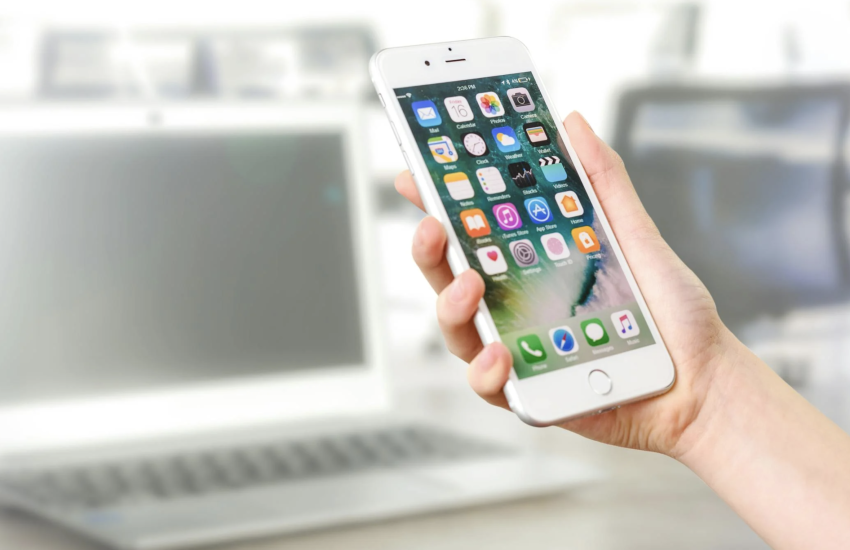Security Tips For Mobile Devices
There’s a high price to pay for being ‘smart’, and for your phone this means vulnerability to viruses and malware. An additional risk to your security is losing or having your phone stolen. This would put a huge amount of personal information at risk.
Actually, smart phones can be named ‘mobile computers’. You therefore need to secure your phone in the same way you’d secure your laptop.
Your Smartphone is more than a Phone
- Your phone is very valuable, not just because of its price tag but also because of the potential access to personal details it holds. So don’t leave your phone lying around and on display – you wouldn’t do this with your wallet.
- The internet poses the same risks to your phone as to a computer, so surf the web with the same amount of care. This means only clicking on email links from people you know, checking websites that are authentic, and being on the lookout for phishing scams.
Secure your Smartphone
- Make sure your phone’s security features are turned on. Familiarise yourself with your phone’s settings, and make sure you know how to make use of the built-in security features.
- Most phones will let you set up a PIN or password system. If you lose your phone or have it stolen, knowing it is password or PIN protected will give you peace of mind.
- Add a further level of security by putting a PIN on your SIM card, so that others can’t use your credit if your phone falls into the hands of someone else.
- There’s a wealth of security software available to smartphone users including firewalls, anti-virus and anti-malware software. Make sure you choose only the most reputable software providers, and check for reviews and recommendations before downloading.
- Keep your phone updated. Operating systems are regularly updated, often with improvements to security.
- Bluetooth can be very useful, but it also leaves you vulnerable to hackers. Leave your phone in hidden mode, and only turn on bluetooth to use it with those you trust. When using Bluetooth try to do so in quiet, private areas.
- Be careful when using Wi-Fi, and try to only use encrypted networks that are password protected. Unprotected networks leave you vulnerable to the prying eyes of others.
Protect your Information
- Many phones let you encrypt your data. This is a good idea, as it keeps your data safe in the event of losing your phone or having it stolen. Learning toencrypt your data is not as complicated as it sounds.
- Keep your data backed up – you’ll be glad you took the effort if anything happens to your phone. You can synchronise the process with a computer.
- Don’t save PINs or passwords anywhere on your phone without proper encryption. This is tempting, but if your phone is stolen it may be easy to find passwords and PINs. With so much personal information on your phone, it wouldn’t be too difficult for someone to do serious damage.
- Just as you protect your PIN number when getting money out of a cash machine, you should also be wary of ‘shoulder-surfers’ watching you log in to your bank account online. Avoid internet banking in crowded areas.
Protect against Malicious Software
Warnings and prompts often pop up when surfing the web, and it’s easy to blindly click ‘OK’. You should always take the time to check that malicious software isn’t asking to be installed. If you’re not 100% sure you want to install something, then click ‘Cancel’ or ‘No’ – criminals often use malicious software to exploit internet users.
Author: Amanda Martin, writes about smartphone security rules, how to avoid malicious software and use cell phone monitoring technology properly. She works as a marketing executive for http://www.mspy.com/ and researches how mobile tracking can contribute to better business solutions.


















